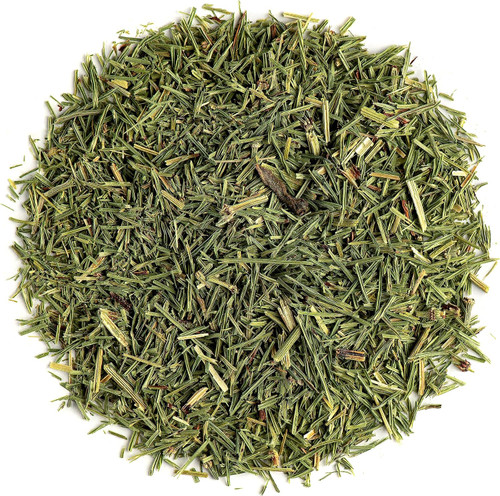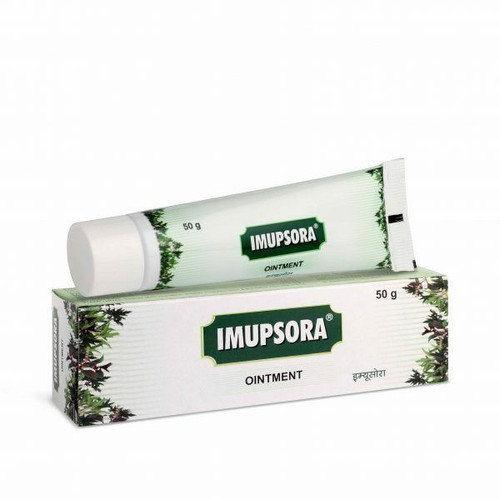Horsetail Organic Herbal Leaf Tea - Ancient Greek Herbal Remedie - Equisetum Grass - Snakegrass Or Puzzlegras 50g
Horsetail (Equisetum arvense) has been used for centuries in traditional medicine and offers a variety of health benefits. Its rich content of minerals, especially silica, makes it valuable for several therapeutic uses. Here are some of the key benefits of horsetail:
1. Bone Health
- Silica Content: Horsetail is one of the richest plant sources of silica, a mineral important for the health of bones, skin, hair, and nails. Silica helps in the formation of collagen, which is crucial for maintaining bone density and strength.
- Osteoporosis Support: Some studies suggest that horsetail may help in the management of osteoporosis by promoting bone regeneration and improving bone density.
2. Diuretic Properties
- Natural Diuretic: Horsetail is known for its diuretic effect, meaning it helps increase urine production. This can be beneficial for reducing fluid retention, managing edema (swelling), and flushing out excess fluids and toxins from the body.
- Kidney Health: The diuretic action of horsetail can also support kidney health by helping to prevent the formation of kidney stones and promoting overall urinary tract health.
3. Wound Healing and Skin Health
- Topical Use: Horsetail has been traditionally used in herbal medicine to promote wound healing. It can be applied topically to cuts, burns, and other skin conditions to help speed up the healing process.
- Anti-Inflammatory and Antimicrobial: The plant has mild anti-inflammatory and antimicrobial properties, making it useful for treating minor skin infections and irritations.
4. Hair and Nail Strength
- Hair Growth: The silica in horsetail is believed to strengthen hair and promote growth, making it a common ingredient in natural hair care products. It can help reduce hair breakage and improve the overall texture of hair.
- Nail Health: Regular use of horsetail may also strengthen brittle nails, preventing them from splitting and breaking.
5. Joint Health
- Anti-Inflammatory Effects: The anti-inflammatory properties of horsetail may provide relief for conditions like arthritis. It can help reduce pain and inflammation in the joints, promoting better mobility and comfort.
6. Respiratory Health
- Cough and Bronchitis: Horsetail has been used in traditional medicine to treat respiratory conditions like coughs, bronchitis, and tuberculosis. It is believed to help reduce mucus and support lung health.
7. Digestive Health
- Mild Laxative: Horsetail may also have a mild laxative effect, helping to alleviate constipation and promote regular bowel movements.
8. Antioxidant Properties
- Free Radical Protection: Horsetail contains antioxidants, which help protect the body’s cells from damage caused by free radicals. This can reduce the risk of chronic diseases and support overall health.
How to Use Horsetail
- Teas and Infusions: Horsetail is often consumed as a tea or infusion. You can steep dried horsetail in hot water and drink it for its diuretic and bone-strengthening benefits.
- Supplements: Horsetail extracts are available in capsule or tablet form, providing a convenient way to incorporate its benefits into your daily routine.
- Topical Applications: Creams and ointments containing horsetail can be applied to the skin for wound healing and skin health.
Precautions
- Avoid Overuse: Due to its diuretic properties, overuse of horsetail can lead to dehydration or loss of essential minerals like potassium.
- Consult a Doctor: People with certain health conditions or who are pregnant or breastfeeding should consult a healthcare provider before using horsetail.
- Thiaminase Content: Horsetail contains an enzyme called thiaminase, which can break down thiamine (vitamin B1). Prolonged use without proper supplementation could potentially lead to a deficiency in this vitamin.
Horsetail is a powerful plant with a wide range of health benefits, but like all herbal remedies, it should be used with care.
Horsetail is a non-flowering plant belonging to the genus Equisetum, which is the only remaining genus of the class Equisetopsida, a group of ancient plants that have been around for over 100 million years. These plants are known for their distinctive appearance, resembling green, segmented stalks with a brush-like or tail-like structure at the top, which gives them the name "horsetail."
Key Characteristics:
- Appearance: Horsetail plants have jointed, hollow stems that are ribbed and usually rough to the touch. They may also have small, scale-like leaves arranged in whorls at the joints, but these are not as prominent as the stems.
- Growth: Horsetails typically grow in moist environments, such as marshes, streams, and wet fields. They can spread rapidly through both spores and underground rhizomes, making them quite hardy and sometimes difficult to control in certain areas.
- Reproduction: Unlike flowering plants, horsetails reproduce through spores instead of seeds. These spores are produced in cone-like structures at the tips of the stems.
- Uses: Historically, horsetail has been used for medicinal purposes, particularly in herbal remedies for its diuretic properties and to support bone health due to its high silica content. It has also been used as a natural abrasive for polishing metal and wood due to the silica in its stems.









